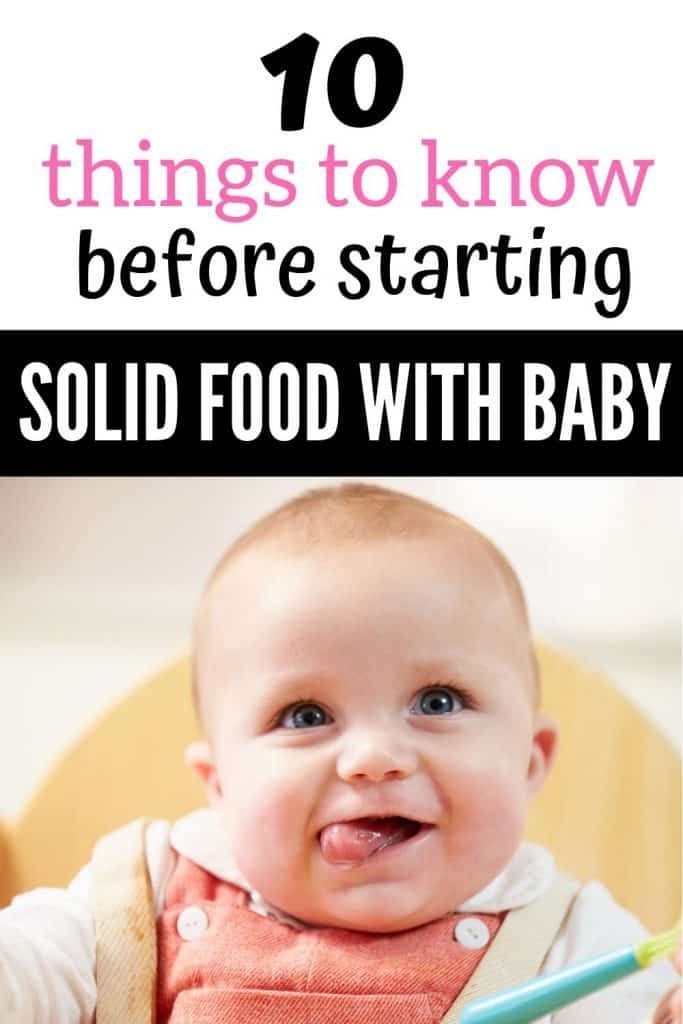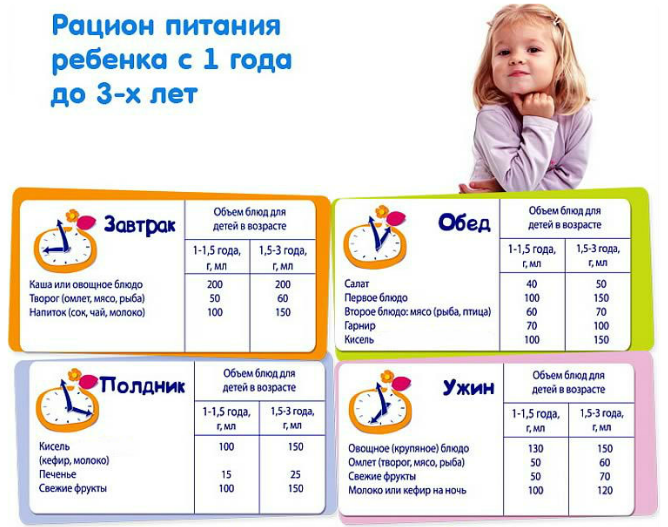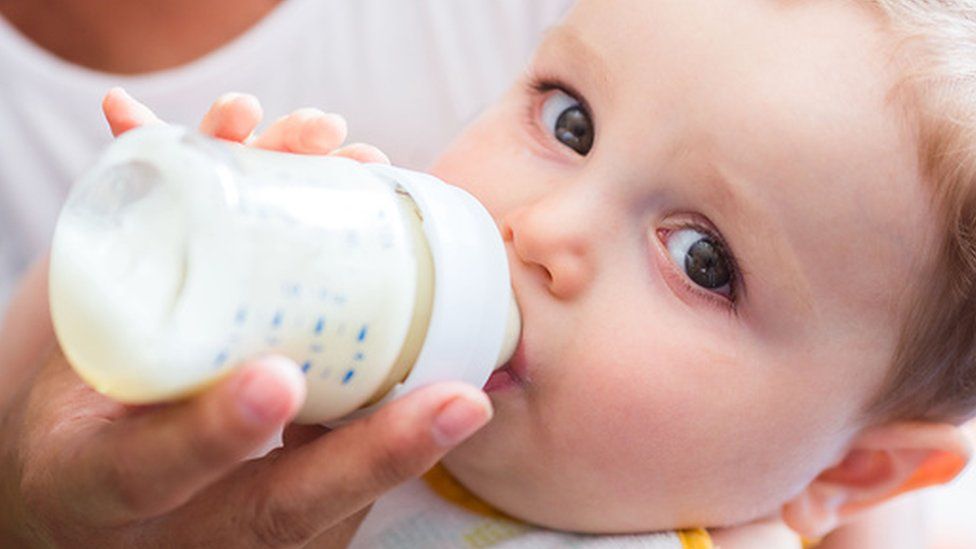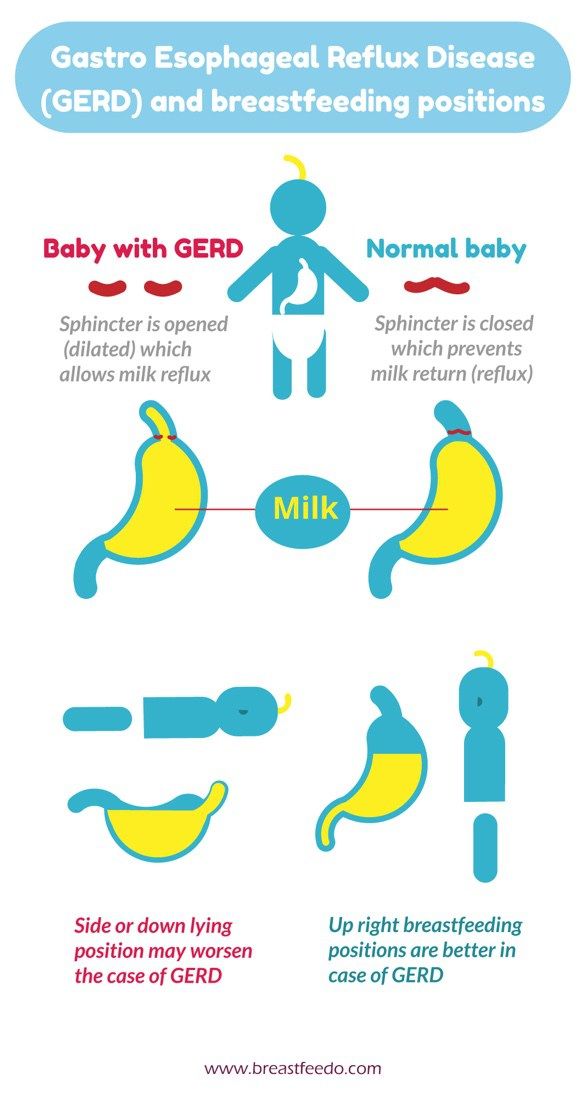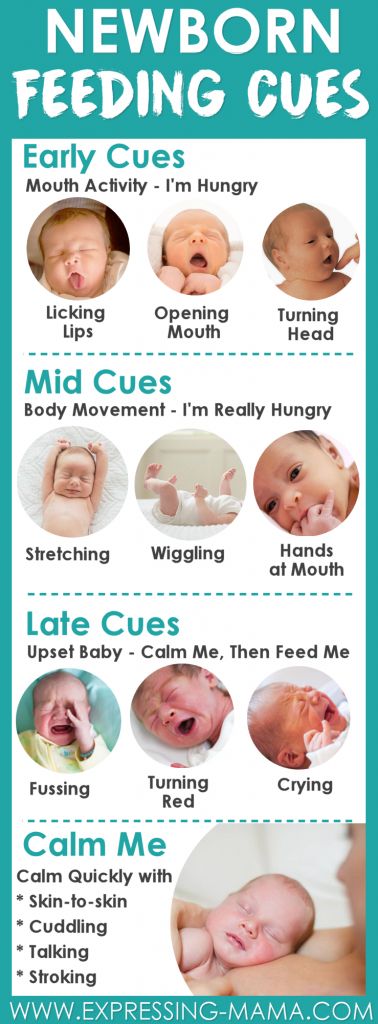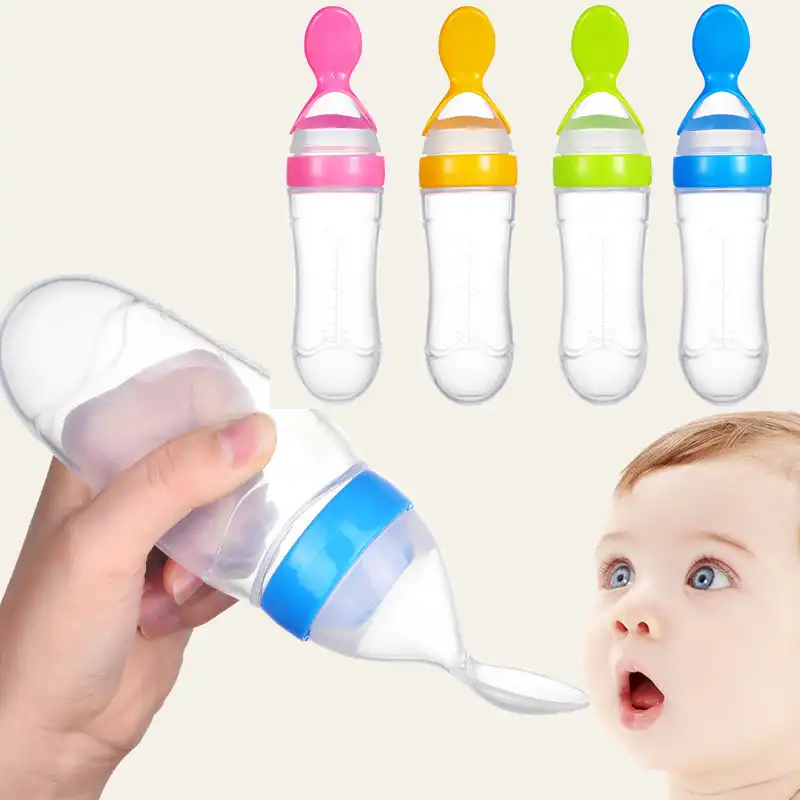Baby feeding signs
Baby feeding cues - Breastfeeding in Sheffield
Home > Baby feeding cues
What to look for:
Sucking fingers, fists, rooting, moving & wriggling, rapid eye movements are all signs that your baby is getting ready for a feed.
Feeding at this stage is ideal as baby is still calm and will attach to the breast effectively.
Crying is the last sign of hunger and by then baby maybe too distressed to feed effectively.
Responsive Feeding (Baby Led or Demand Feeding)
Recognising when your new baby asks to be fed will soon become second nature to you. In the first few days his pattern may vary considerably, from initially feeding infrequently to lots of feeds as he sets up a good milk supply.
Gradually you should begin to see some sort of pattern forming, with shorter gaps between some feeds, particularly in the evenings and longer gaps at other times. The length of feeds is also likely to vary, from a few minutes to much longer – in the same way as we eat different quantities at different mealtimes throughout the day. You can expect that your baby will feed at least 6-8 times in each 24-hour period and for most babies it will be more frequent.
Have a look at this lovely video on Baby Led Feeding, from The Unicef Baby Friendly Initiative website.
Responsive feeding cues
Keeping him close to you so that you can recognise his feeding cues is helpful. Most babies will “ask politely” in the first instance by moving their eyes rapidly, putting their fingers into their mouth, rooting (opening their mouth as though they were about to breastfeed) and becoming restless. This is a much easier time to feed than when he has got to the stage of crying and these subtle cues are much easier to pick up when your baby is close by.
There is a Breastfeeding Peer Support Worker attached to each Children’s Centre. They offer support with breastfeeding and hold cafes and drop-ins on a weekly basis.
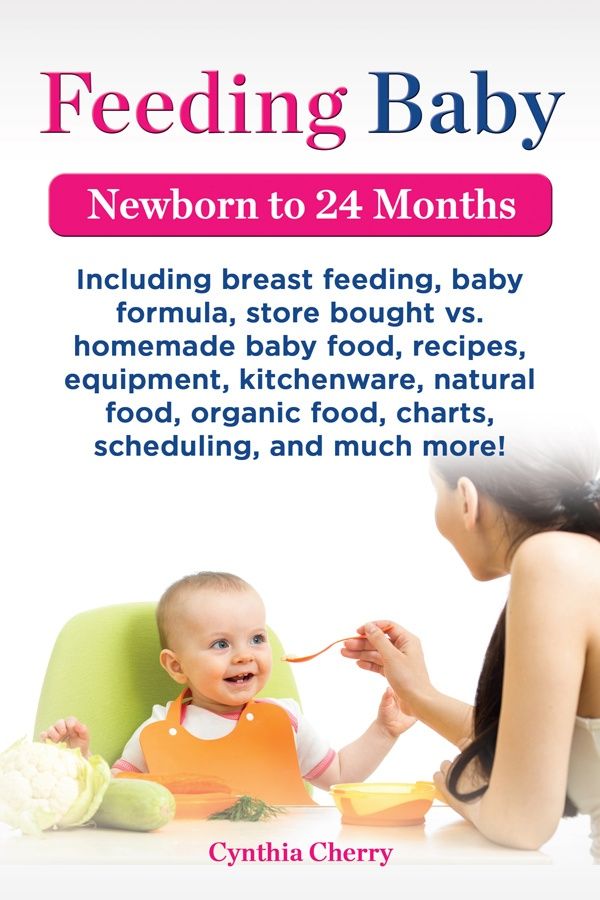 To find your nearest Children’s Centre click here.
To find your nearest Children’s Centre click here.Baby Led Feeding for formula fed babies
You can still be responsive to your baby’s feeding cues if you are using formula milk or expressed breast milk. Keeping your baby close to you and limiting feeding to you and another primary carer, will make your baby feel more secure and help you to bond with each other. Have a look at points 6 to 10 of the Guide for Parents who Formula Feed leaflet by Unicef’s Baby Friendly Initiative.
FAQ’s
My mother says I am feeding my baby too often
Many grandmothers have memories of when it was commonplace to regulate feeds both in terms of frequency and length. We now know that babies feed in a much less rigid pattern than recommended in the past. Restricting the number or length of feeds is likely to have a major impact on your breast milk supply. Being led by your baby and responding when he shows signs of being ready to feed will help you to establish a good milk supply and ensure a contented, happy baby.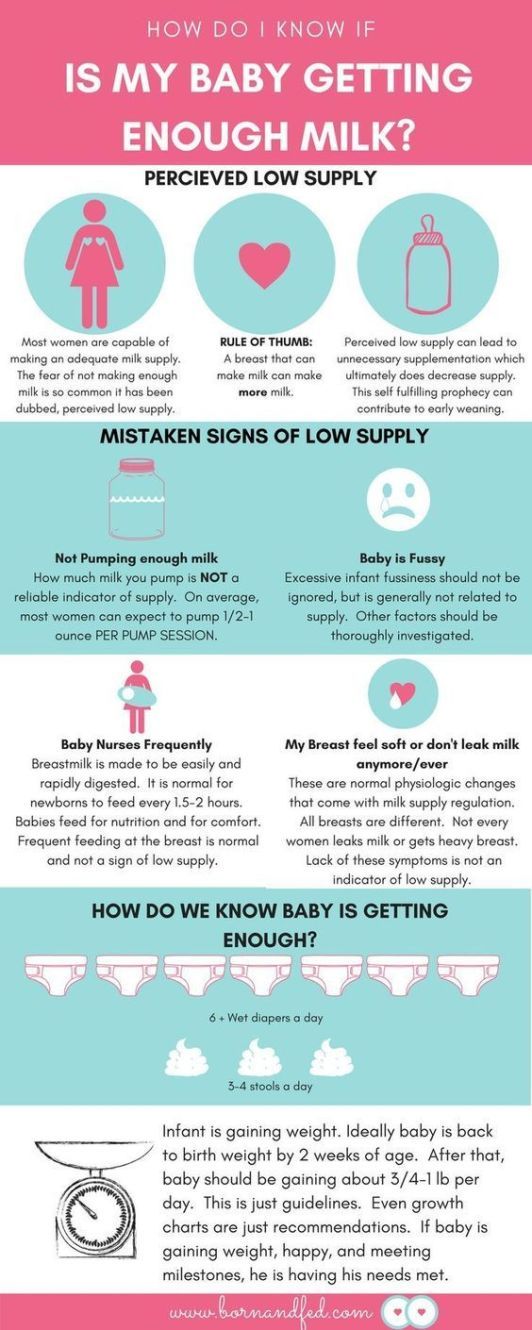 Have a look at Unicef’s Baby Friendly leaflet, Building a Happy Baby. You cannot feed a breastfed baby too much, so it is fine to try your baby at the breast whenever he seems to want it. Breastfeeding is more than just giving milk, it provides comfort, warmth and communication.
Have a look at Unicef’s Baby Friendly leaflet, Building a Happy Baby. You cannot feed a breastfed baby too much, so it is fine to try your baby at the breast whenever he seems to want it. Breastfeeding is more than just giving milk, it provides comfort, warmth and communication.
My baby seems very sleepy
It is important that your baby has at least 6-8 effective breastfeeds in 24 hours. Some babies don’t ‘demand’ as many feeds as this, particularly if they are premature or have been ill. It is important to wake your baby up to offer a breastfeed if you think he has slept too long or if your breasts feel full. Also watch out for early feeding cues and offer the breast as soon as your baby shows these signs of wanting to feed, as some babies go back to sleep if these early cues are missed. If you are concerned that your baby is sleepy and/or jaundiced check with your GP, midwife or health visitor.
My baby wants to feed all the time
Very frequent feeding can be a sign that your baby is not attached to your breast properly, especially if you also have sore nipples.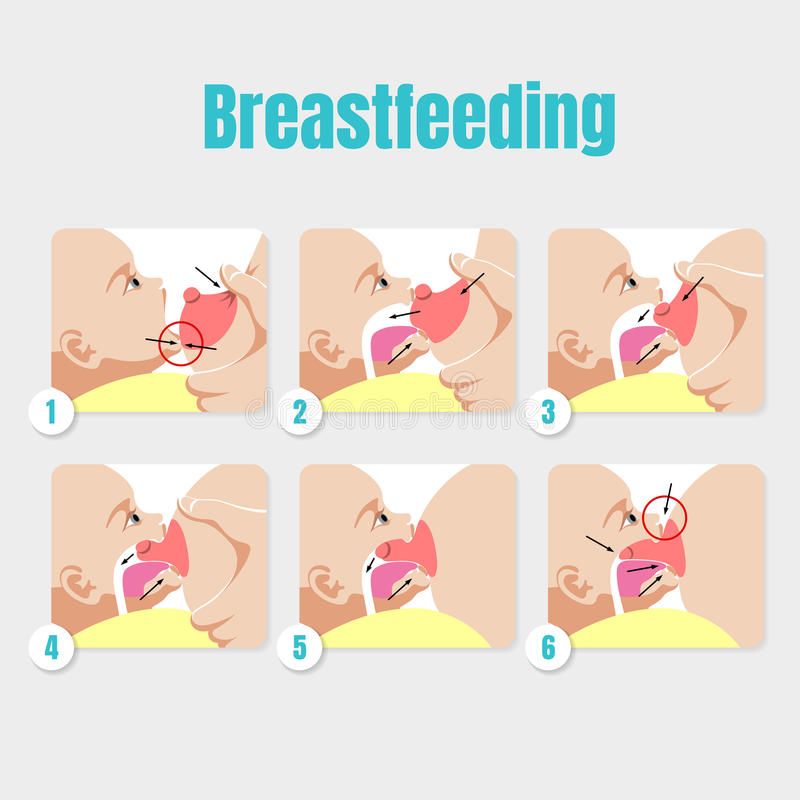 Therefore, if you are concerned about frequent feeding, it is important that the attachment is checked. However, it is very common for new babies to feed very often even when everything is going well. Many babies cluster their feeds at certain times of day (especially in an evening) but then go longer without a feed at other times. Providing that your baby comes off the breast spontaneously at the end of a feed and is growing well with plenty of wet and dirty nappies there is probably not much to worry about. Letting your baby feed as often as they want for as long as they want not only helps breastfeeding, but also ensures a contented, happy baby who is easier to care for.
Therefore, if you are concerned about frequent feeding, it is important that the attachment is checked. However, it is very common for new babies to feed very often even when everything is going well. Many babies cluster their feeds at certain times of day (especially in an evening) but then go longer without a feed at other times. Providing that your baby comes off the breast spontaneously at the end of a feed and is growing well with plenty of wet and dirty nappies there is probably not much to worry about. Letting your baby feed as often as they want for as long as they want not only helps breastfeeding, but also ensures a contented, happy baby who is easier to care for.
Try not to give your baby other food or drink
The more mum’s milk you give your baby, the more milk you produce. Giving other food or drink will reduce your milk supply.
If you give your baby less mum’s milk, it will not protect your baby against illness as effectively.
Feeding your baby solid food before they are ready (at around 6 months) could lead to him or her getting an upset tummy.
Hunger Cues - When do I feed baby? • KellyMom.com
By Kelly Bonyata, BS, IBCLC
Babies should be fed when they indicate hunger. Crying is a late indicator of hunger – breastfeeding is much easier for both mom and baby if mom is able to pick up on baby’s earlier hunger cues.
Common infant hunger cues include:
Early hunger cue
Early- Smacking or licking lips
- Opening and closing mouth
- Sucking on lips, tongue, hands, fingers, toes, toys, or clothing
- Rooting around on the chest of whoever is carrying him
- Trying to position for nursing, either by lying back or pulling on your clothes
- Fidgeting or squirming around a lot
- Hitting you on the arm or chest repeatedly
- Fussing or breathing fast
Late hunger cue
.
Late (calm baby before feeding)- Moving head frantically from side to side
- Crying
“My newborn wants to sleep all the time! Should I wake him to nurse?”
Yes, if he doesn’t wake on his own.![]() Many newborns are very sleepy in the early days or weeks and may not exhibit hunger cues as often as they actually need to eat. Newborns should be nursed anytime they cue hunger, but at least every 2 hours during the day and at least once during the night. Once your baby has established a good weight gain pattern (at least 4 ounces per week, for babies under 4 months), you can stop waking baby to nurse and let him set his own pattern.
Many newborns are very sleepy in the early days or weeks and may not exhibit hunger cues as often as they actually need to eat. Newborns should be nursed anytime they cue hunger, but at least every 2 hours during the day and at least once during the night. Once your baby has established a good weight gain pattern (at least 4 ounces per week, for babies under 4 months), you can stop waking baby to nurse and let him set his own pattern.
“My baby just started sleeping longer at night. Do I need to wake him to nurse?”
If your baby is younger than 4 weeks, then it is a good idea to wake baby at least every 4-5 hours at night to nurse if he does not wake on his own. If your child is older than 4 weeks, you can allow baby to sleep as long as he wants at night as long as he is peeing, pooping, and gaining weight within normal parameters.
“My baby frequently sucks on his hands. Does this always mean that he’s hungry?”
After the newborn period, hand sucking is not as reliable an indicator of hunger.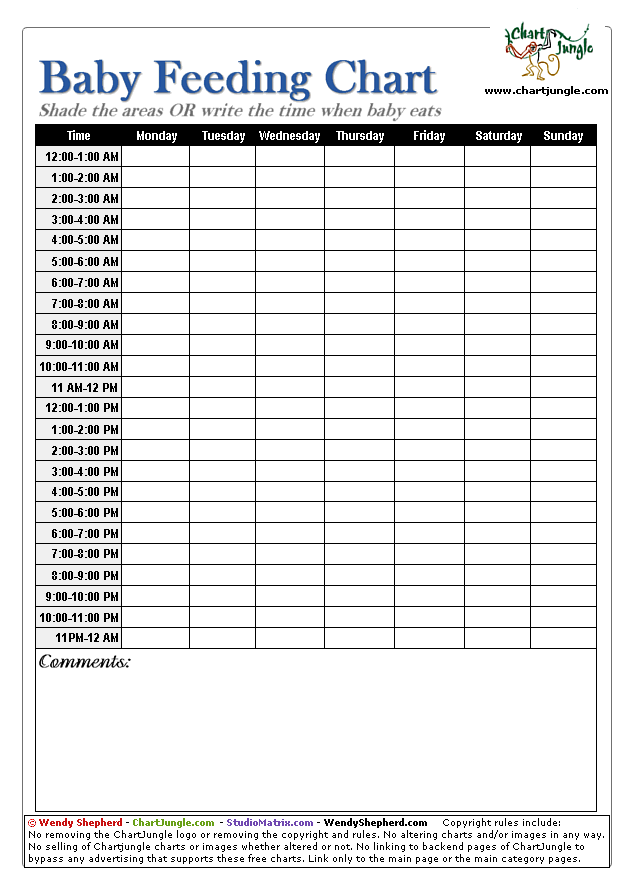 Starting at around 6-8 weeks, baby will begin to gain more control over his hands and will soon begin to explore his hands and everything else using his mouth. It is also common for babies to suck on their hands when their gums become tender in preparation for tooth eruption. Symptoms of teething can sometimes occur weeks and even months before the first tooth erupts. More here on teething.
Starting at around 6-8 weeks, baby will begin to gain more control over his hands and will soon begin to explore his hands and everything else using his mouth. It is also common for babies to suck on their hands when their gums become tender in preparation for tooth eruption. Symptoms of teething can sometimes occur weeks and even months before the first tooth erupts. More here on teething.
More information:
Signs That Your Baby Is Hungry, a video from baby gooroo’s Amy Spangler, RN, MN, IBCLC
Newborn hunger cues video from janellevideo
Baby feeding cues (great photo handout here), from Queensland Health
Infant Hunger Cues, from Lactation Education Resources
Feeding Cues, from the Australian Breastfeeding Association
The Clock and Early Breastfeeding, by Nancy Mohrbacher, IBCLC, FILCA
Nursing your newborn — what to expect in the early weeks @ KellyMom
Should baby be on a schedule? Links @ KellyMom
Examining the Evidence for Cue Feeding Breastfed Infants by Lisa Marasco, BA, IBCLC and Jan Barger, MA, RN, IBCLC
Breastfeeding schedule
Covering the topic of breastfeeding, it is impossible to ignore such a thing as a feeding regimen.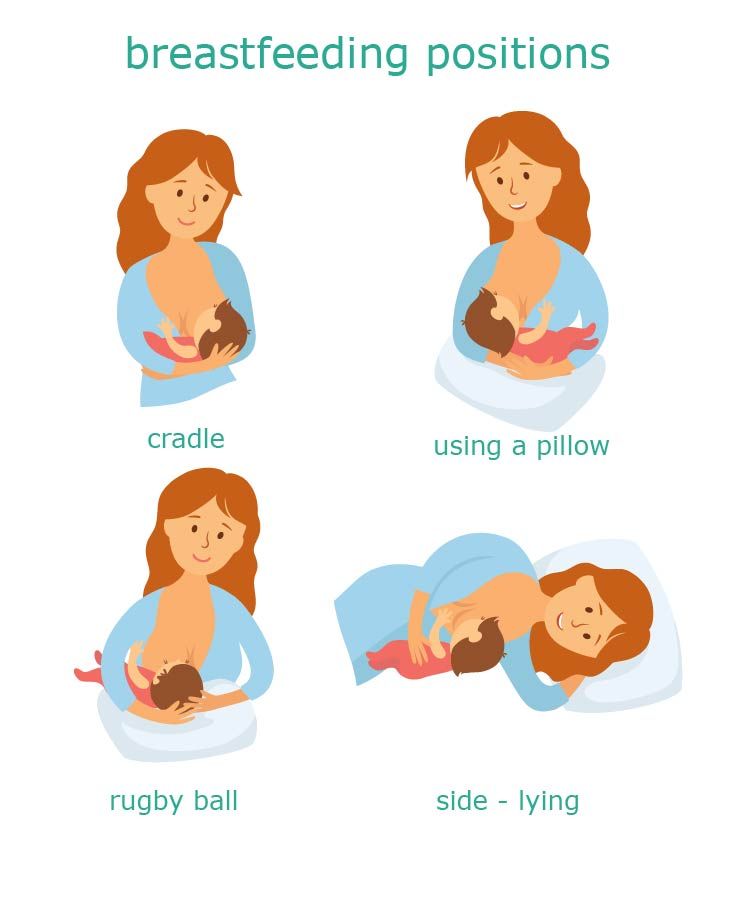 All mothers know that modern doctors recommend feeding the baby on demand. However, what this means, each woman understands in her own way. Some mothers believe that on demand is to feed once every 3 hours, others are sure that on demand means feeding at every rustle, etc. Let's try to understand this difficult topic. nine0003
All mothers know that modern doctors recommend feeding the baby on demand. However, what this means, each woman understands in her own way. Some mothers believe that on demand is to feed once every 3 hours, others are sure that on demand means feeding at every rustle, etc. Let's try to understand this difficult topic. nine0003
If feeding is considered as an act of feeding, then "on demand" means to feed when the child begins to want to eat. If the child screams a lot, it means that the mother missed the right moment for feeding and the baby wants to eat for a long time.
Signs of hunger
Early signs of hunger:
1. The child's activity increases - the baby wakes up, moves.
2. Search movements are made - the child turns his head left and right, looking for the chest with his mouth. nine0003
3. There are various sounds, smacking.
4. The kid brings the hands to his mouth, sucks his fist.
If the mother ignores these manifestations, the baby has no choice but to scream heart-rendingly.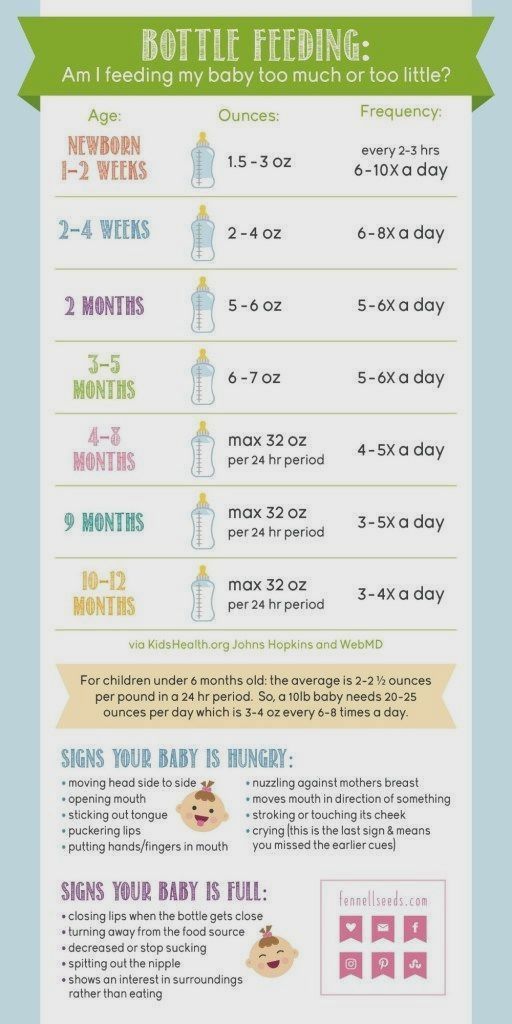 The cry of the baby in this case will be a signal for the parents, saying that the child has long needed to eat.
The cry of the baby in this case will be a signal for the parents, saying that the child has long needed to eat.
If the baby is crying, but no signs of hunger were noticeable before, then it is likely that the baby is crying for another reason - due to a dirty diaper, too high or low room temperature, tummy pain, need for sleep etc. Or maybe he just missed his mother and wants to be in her arms. nine0003
Therefore, it is better to first check if there are other reasons for crying? Attention! All of the above applies only to older children.
What about newborn babies?
Newborn babies do not yet have a formed feeling of hunger. These babies are in a state of discomfort. For 9 months of intrauterine development, they are accustomed to living in a calm and warm mother's belly. After that, our world seems to them too loud, too bright, too noisy and cold. The only thing that can reduce this discomfort is the taste of mother's milk and the smell of lubricant produced by the glands on the areola of the nipples.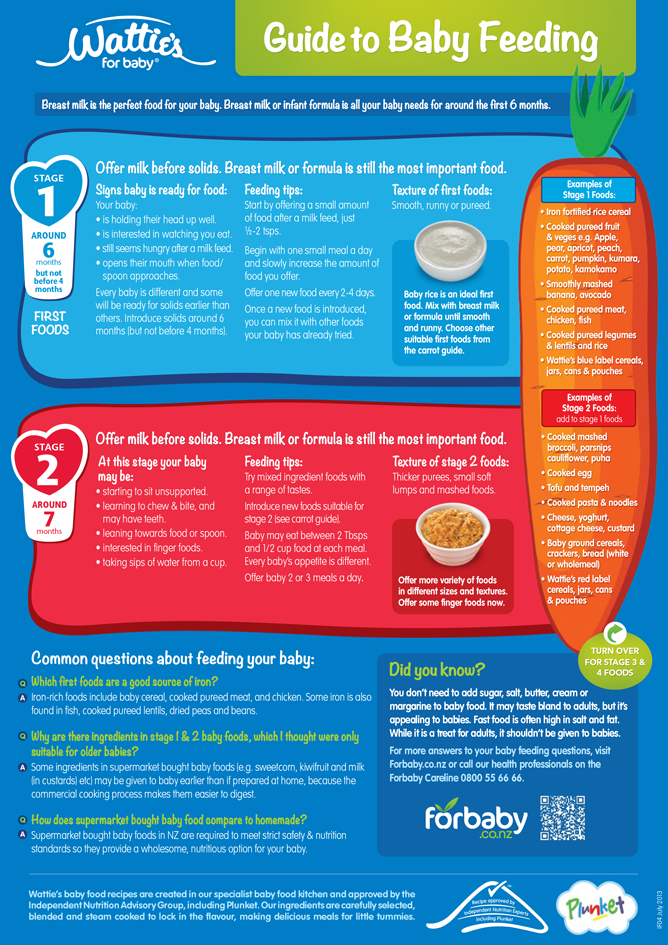 These tastes and smells remind babies of the amniotic fluid they swallowed while in the womb. nine0003
These tastes and smells remind babies of the amniotic fluid they swallowed while in the womb. nine0003
That is why feeding babies in the first month of life is breastfeeding for every squeak. And it doesn’t matter how often this happens - once every 5 minutes or 2 hours after the previous feeding. Both of these options are completely normal.
Breastfeeding is not only a meal, it is an important psycho-emotional bond between mother and baby. This is the guarantor of peace and well-being of the child. It is advisable to feed as often and for as long as you and your baby need. Sometimes the baby wants to eat more often and there is less at the breast; sometimes less often, but at the chest longer. Both of these are the norm. And you should not be confused by the opinions of grandmothers / girlfriends / neighbors. Only you, as a mother, can learn to understand your child and correctly perceive his signals about the readiness for eating or the desire to be next to you. nine0003
How can you tell if your baby is getting enough milk?
Category: Breastfeeding.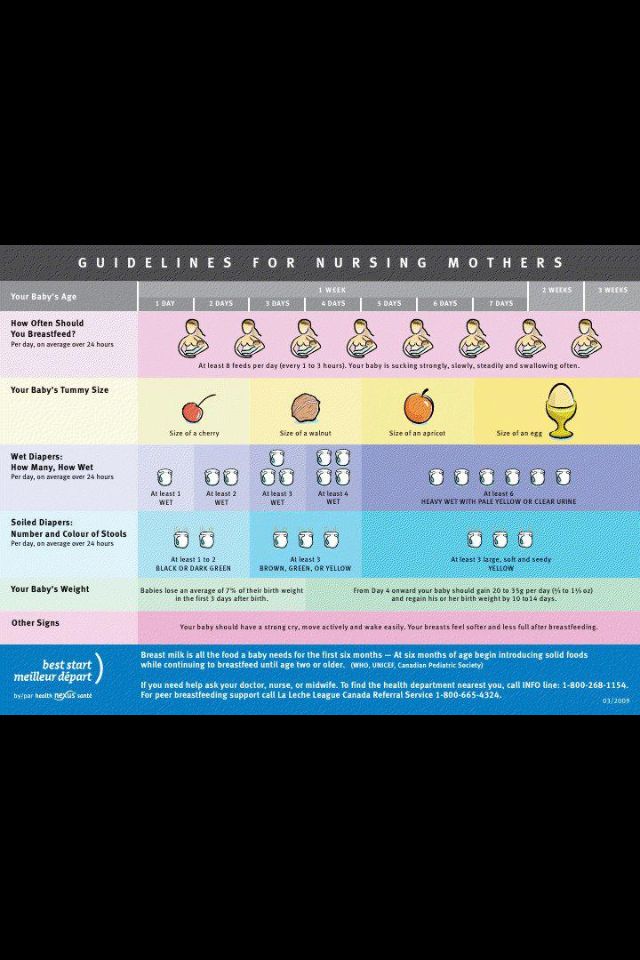
A child who is breastfed should be applied to the breast at his request during the day, and at least 3 times at night, on average 10-12 times a day. Feeding on demand - this means that at the first sign of restlessness of the baby, it must be applied to the chest. In order for the child to be satiated, it must be correctly attached to the breast, it must suck rhythmically for about 5-20 minutes, swallowing movements should be heard during sucking (swallowing milk), a well-fed child can fall asleep under the breast, after feeding the breast should become soft. Signs of a hungry baby: opens her mouth wide, turns her head in different directions (looking for a nipple), whimpers, sucks her fist. nine0003
A child suckles at the breast not only to quench thirst or hunger, but also to calm down, comfort, it is easier to fall asleep, recover, and get gassies out. Newborns are not able to regulate their bowels, therefore, in order to push out gassies, they need a new portion of milk.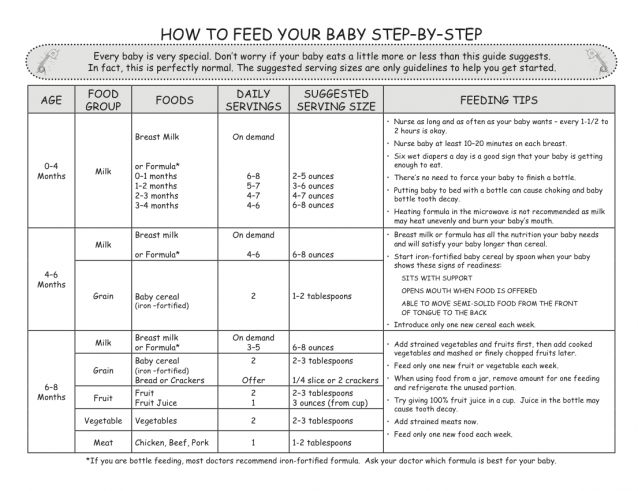 Therefore, the younger the children, the more often they need to be applied to the chest. If the child is not capricious, gains weight well, neuropsychic development corresponds to age, this indicates that the body develops normally, it has enough food and enough milk, but this only applies to children under 6 months old. A child who is breastfed (up to 6 months) must gain weight at least 500 g per month, the upper limit of the increase for each child is individual. But if the process of eruption of milk teeth began earlier, then weight gain is possible and less than 500 g.
Therefore, the younger the children, the more often they need to be applied to the chest. If the child is not capricious, gains weight well, neuropsychic development corresponds to age, this indicates that the body develops normally, it has enough food and enough milk, but this only applies to children under 6 months old. A child who is breastfed (up to 6 months) must gain weight at least 500 g per month, the upper limit of the increase for each child is individual. But if the process of eruption of milk teeth began earlier, then weight gain is possible and less than 500 g.
What should I do to get enough milk?
- Milk production occurs under the influence of two hormones, prolactin and oxytocin, which are produced in response to the suckling of the breast of a woman who has given birth. Therefore, in order to stimulate the production of milk, frequent stimulation of these two hormones is necessary, this implies frequent attachment of the baby to the breast (necessarily night attachments), proper breastfeeding.




